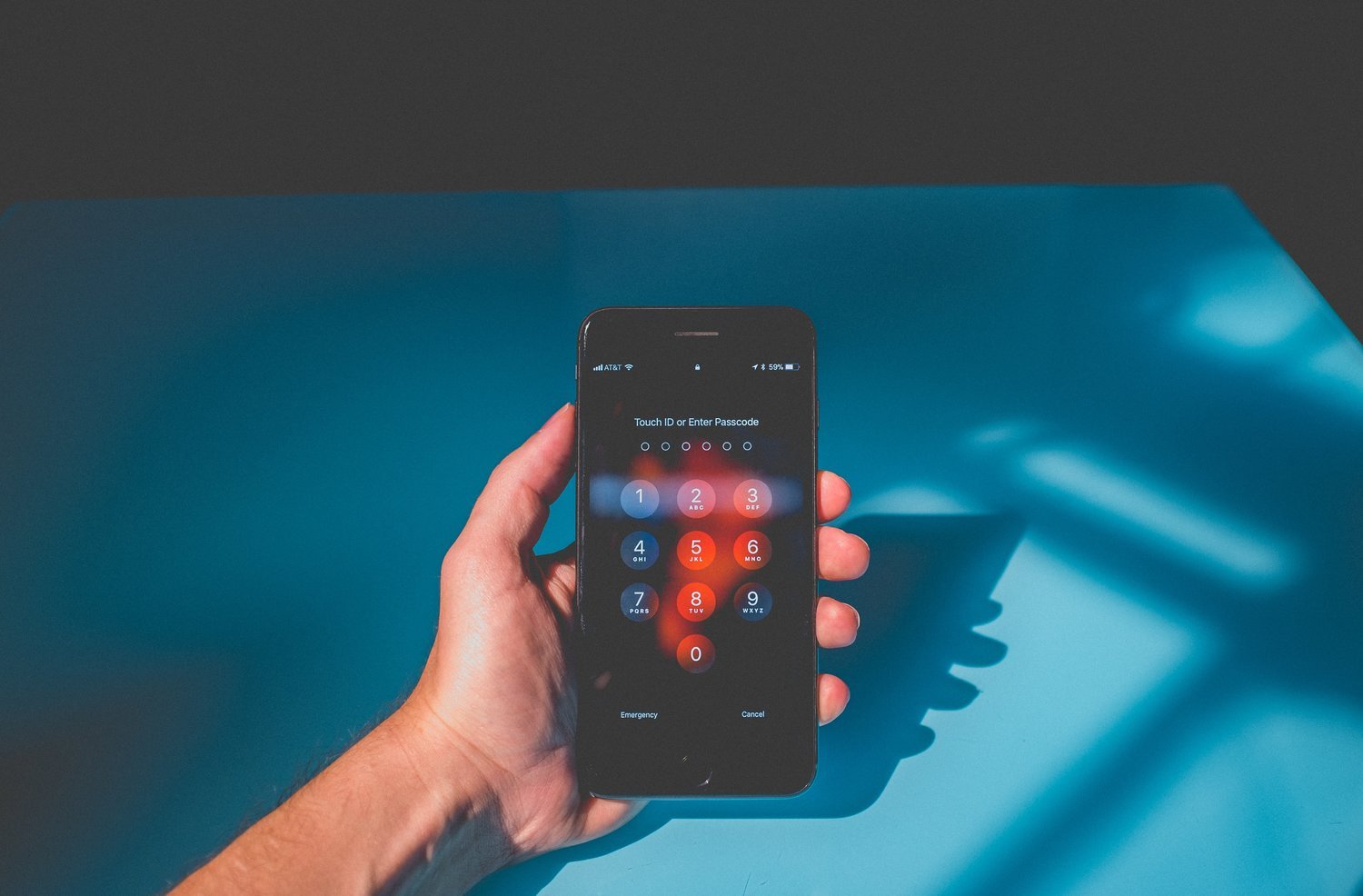Neuroplasticity Chronic Pain Treatment Workshop By The Perth Brain Centre
November marks Perinatal Anxiety & Depression Australia (PANDA) Week. PANDA, now in it’s 18th year, is all about supporting the mental and emotional wellbeing of expecting and new parents.
Perinatal Anxiety and Depression Australia (PANDA) Week - November 2018
November marks Perinatal Anxiety & Depression Australia (PANDA) Week. PANDA, now in it’s 18th year, is all about supporting the mental and emotional wellbeing of expecting and new parents.
Trouble getting to sleep at night? - Hush little human, don’t say a word…
Screens can really upset our sleep, and disrupt other hormones including oestrogen, and there is absolutely no place for them in the bedroom. The next time your teens are pleading with you, desperately searching for the reason why you are turning off devices and locking them away in cupboards, get them to watch this 4 minute clip from SciShow
Small Actions Big Difference, Dementia Australia, 2018.
Dementia Awareness Month is Dementia Australia’s national awareness-raising campaign held every year throughout September.
Its aim is to encourage all Australians to become more aware of dementia, to get a better understanding of what it is like to live with dementia and how we can support people living with dementia.
This year’s theme is Small actions Big difference.
There are many small actions people can take to create a big difference for people impacted by dementia, their families and carers.
There are many ways to get involved in Dementia Awareness Month.
Mindful May
May is the month to be mad about mindfulness…and what a great initiative to motivate people to start daily mindfulness practice and also make a significant donation to improve clean water supply to those in need. Mindful in May is a wonderful win-win project founded by Dr Elise Bialylew – medical doctor, psychiatrist, life coach and writer.
Wouldn't it is amazing to be able to “look inside” your brain and see how it’s working? - International Brain Awareness Week
Wouldn't it is amazing to be able to “look inside” your brain and see how it’s working ? Well, thanks to brain research is now possible to do just this with special brain imaging known as QEEG. Scientists have been able to measure the activity from our brain since the 1930s, and this is known as EEG (or brainwaves), which is still used today to help diagnose conditions such as epilepsy.
Keeping Our Brains Young & Active- International Brain Awareness Week
The Global Council on Brain Health (GCBH) is an independent collaborative of scientists, health professionals, scholars and policy experts from around the world working in areas of brain health related to human cognition. The GCBH focuses on brain health relating to peoples’ ability to think and reason as they age, including aspects of memory, perception and judgment. The GCBH is convened by AARP with support from Age UK to offer the best possible advice about what older adults can do to maintain and improve their brain health. GCBH members come together to discuss specific lifestyle issue areas that may impact peoples’ brain health as they age with the goal of providing evidence-based recommendations for people to consider incorporating into their lives.
What is Neuroplasticity? - International Brain Awareness Week
This week is the start of International Brain Awareness Ween 2018 ! Brain Awareness Week (BAW) is the global campaign to increase public awareness of the progress and benefits of brain research, and the “brain-child” of The DANA Foundation (www.dana.org). The Perth Brain Centre is proud to be an official partner of International Brain Awareness Week 2018, and every day we will be sharing some of the amazing benefits of brain research.
Brain Awareness Week - Are you looking after your brain?
International Brain Awareness Week (BAW) is the global campaign to increase public awareness about the progress and benefits of brain research. The Perth Brain Centre is an official partner of International Brain Awareness Week, which starts on the 12 March this year.
Feel Good February - Part 4 - Science of Happiness Course
Last year Australia was ranked the 9th Happiest Nation in the world (according to The World Happiness Report), 5 places above The United States, and just below New Zealand. This is a great result, but probably most us don’t always feeling as happy as we would like to be.
Feel Good February - Part 3 - Therapeutic Lifestyle Change
Therapeutic Lifestyle Change (or TLC as we like to call it), is a lifestyle treatment for depression and staying happy that was developed by Dr. Stephen Ilardi, Associate Professor at The University of Kansas. TLC recognises that “We were never designed for the sedentary, indoor, sleep-deprived, socially-isolated, fast-food-laden, frenetic pace of modern life”, and provides a simple solution to combat today’s modern lifestyle based upon research and practical advice. So take a few minutes to watch this great video so you can make tomorrow a better day and don’t forget to spread some happiness and share this with other people you know.
Feel Good February - Part 2 - Happify App
Created by a team of scientists and game designers, Happify empowers you to build skills for a happier, more fulfilling life through science-based activities and games. http://www.happify.com
Feel Good February - Part 1 - The Number One factor in life that determines our health and happiness
This month celebrates “Feel Good February”, an initiative created to inspire people to initiate random acts of kindness. These days there we are all often exposed to a lot of negative news and events and The Neuroknowledge would like to support “Feel good Feb” by spreading some happiness throughout this month and sharing some of the resources we provide to our readers to help everyone feel better.
5 Apps You Need For Going Back To School
Children throughout W.A. are preparing to get back to school, and it’s a good idea to take a few simple steps to get organised. Share these ideas and apps with your friends to help get the school year off to a great start
Can exercise help ADHD?
We all know that one child that plays up in class; they never seem to listen to instructions, are often easily distracted, have difficulties making and maintaining relationships with other children, and are in the principal’s office every other day. Maybe you are a parent of that child, or were even that child yourself!
Sometimes these children can be mislabelled as ‘problem kids’, who are either ‘lazy’ or ‘poorly disciplined’ by parents. But what if there is more going on than meets the eye?
ADHD and Diet
Sugar free, gluten free, additive-free, paleo, Mediterranean, low salycilate…. With all of the many and varied opinions on diet these days it is easy to feel overwhelmed when it comes to exploring diet and ADHD. Often the best approach is to start by looking at what scientific evidence is telling us…
It is a sneaky, creepy and seeming inescapable thing – the screen!
It feels like they are coming for us at times and they will catch you in places you may not even be aware of…but they are there…shopping centres, at the petrol bowser, driving down the freeway and even on the bus…in the hands of nearly everyone you see…screens, it seems, are everywhere.
How To Make Stress Your Friend - Kelly McGonigal
Stress. It makes your heart pound, your breathing quicken and your forehead sweat. But while stress has been made into a public health enemy, new research suggests that stress may only be bad for you if you believe that to be the case. Psychologist Kelly McGonigal urges us to see stress as a positive, and introduces us to an unsung mechanism for stress reduction: reaching out to others.
This talk was presented at an official TED conference, and was featured by TED editors on the home page.
Self-help and Lifestyle Tips for ADHD
There are some practical and simple changes you can make to your lifestyle to make living with ADHD or living with someone with ADHD less challenging.



















